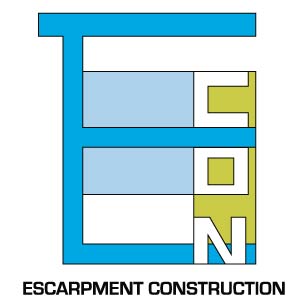Our Process
Our Custom Home and Remodeling business is referral-based. We work hard to earn our client’s patronage, trust and admiration, and have many repeat customers. There can be no higher compliment than passing our name on to friends, family and neighbors when the topic of “who would you trust to build your home?” comes up. We have built strong, established relationships with many of Austin’s best architects, engineers and vendors. Whether an architect brings us on board as the preferred contractor or we recommend them, having a long history of working together makes for a productive and smooth planning and build process.
Here is a simple breakdown of how it usually works.
Planning and Permitting
We recommend vetting and selecting your contractor early on in the process. Best end results are usually realized when the homeowner, architect and builder are part of a team from the very beginning. A builder can bring useful insight into the vagaries of the permit process and provide practical, hands-on information about building techniques and costs. Getting builder input early on in the plan development can prevent costly budget over-runs later. Escarpment Construction LLC has been navigating the complex City of Austin permit process since the late 90’s and can handle acquiring the necessary building permits or assist the Architect in doing so.
Estimate, Proposal, Contract, Payment
An initial Rough Estimate is typically presented once a rudimentary plan has been developed, to make sure the client’s budget is realistic. Sometimes, more expensive options can then be added, or alternatively, cost saving changes made. Bringing us onboard early on as part of a “team approach” will make this an easier task. At this point, a customer will be asked to decide if they would prefer a “Cost Plus” method of paying for the construction of the home, or a “Turn Key” approach. What’s the difference?
Cost Plus: Many contractors and some homeowners prefer this method, in which the client is responsible for paying for the cost of materials and labor with a pre-arranged percentage, or fee, added on top for the builder’s profit and overhead. Receipts documenting the builder’s expenses related to your project will be submitted to the owner on an agreed interval for payment. This type of contract gives the client plenty of flexibility and control, but can extend the length of time required to complete construction, and puts the responsibility for the budget on the client.
Turn Key: This approach means that the client and builder agree upon a fixed price for which the job will be completed. The price does not change unless the client initiates a change, at which point the builder will present a “Change Order,” documenting the requested change, the cost or savings of the change, and the revised contract amount. Change Orders must be paid up front. A Turn Key proposal can take 4-6 weeks to prepare (for a large job), however, this is taking place while the permit application is under review. The Turn Key proposal will also have the cost of construction broken down into line item detail. One advantage of this type of proposal is that the ultimate cost of the new home or remodel is known beforehand.
Contract and Payment
After the proposal has been revised and finalized, a contract agreement will be signed. A Draw Schedule will be provided for Turn Key jobs, and a Meeting Schedule will be created for Cost Plus jobs.
Project Development
As a small firm, we limit the number of projects we take on at any given time, in order to make sure our clients get the attention they deserve. Escarpment Construction prides itself on our exceptional team of subcontractors with whom we have worked together for many years. We want to work with those who share our pride and professionalism in our craft, and this means we place a premium on experience, skill and dependability over finding the lowest price. Good communication is key to having a good builder-client relationship and you will be kept informed of your project’s progress and prepared for upcoming decisions requiring your input. Projects are carefully monitored and supervised to ensure that potential problems are caught before they materialize, and that labor scheduling and material deliveries function in a smooth and timely manner.
For more details, please contact us for a copy of our residential construction contract.
Helpful Building Resources:
Here are some links that might be helpful when it comes to planning your construction project.
